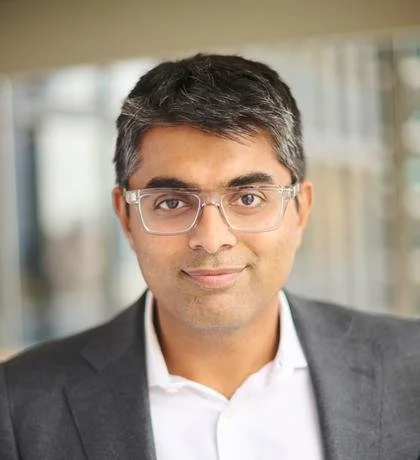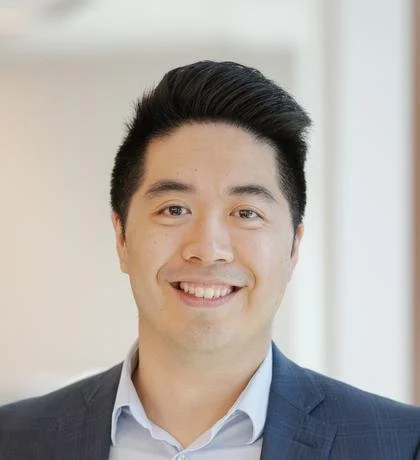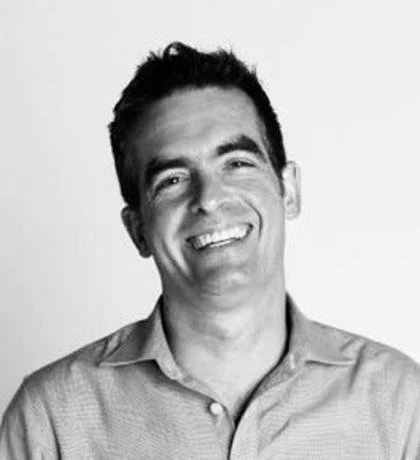AI and Education
The AI and Education program, with support from the Walton Family Foundation, seeks to discover and support breakthrough ideas that can drive student success.
Challenge & Opportunity
Despite major advances in LLMs and other AI technologies, educators and schools are not capitalizing on these new technologies. This is because:
It is rare to find technical experts who are “bilingual” in both AI and education.
The available education-specific training data, benchmarks, and platforms are insufficient to build and test meaningful applications of AI in education
Government funding for R&D in education is severely limited
Investors prefer to fund tools and ideas with the potential for rapid profitability or scalability, not necessarily student achievement or learning outcomes
Philanthropy can play an important role, but many funders aren’t yet fully on board
Philanthropy can advance education innovation, yet many funders want clear guidance and more evidence. Renaissance Philanthropy bridges this gap with the strategic support needed to create measurable impact.
Strategy
The rise of AI offers a powerful moment for education funders to create large-scale impact. Breakthroughs in science and technology can transform how people learn, where learning happens, and who guides the process, opening new opportunities to improve learning for all.
AI has the potential to make proven approaches like tutoring more accessible, help reduce teacher workload, and improve key components like assessment. In short, AI has massive potential to drive significant improvements in learning, particularly for underserved students.
Renaissance Philanthropy is equipped with the expertise and playbooks to capitalize on this moment and channel funding to the programs, ideas, and networks where it can make the biggest impact.
The AI and Education program, with support from the Walton Family Foundation, reflects the three key pillars of Renaissance Philanthropy’s model:
Advising Philanthropists and Building Ecosystems. Renaissance Philanthropy believes that a thriving ecosystem at the intersection of AI and education is paramount. That’s why we nurture efforts to link talent, funding, and ideas.
Discovering Breakthrough Ideas. Big, ambitious ideas have the power to transform learning, address persistent achievement gaps, and spark systemic change. By identifying and supporting big thinkers and bold innovations early, Renaissance Philanthropy can help launch and amplify their impact through partnerships and additional investment. This approach ensures that funding drives ambitious solutions that improve education at scale.
Incubating Ambitious Initiatives. Innovations need the time, resources, and guidance to grow from vision to reality. By supporting early-stage projects, we can help developers refine their innovative approaches, build stronger teams and partnerships, and ensure that their work not only succeeds but also scales and attracts the investment needed for lasting, system-wide impact.
Active Projects
Learning Engineering Virtual Institute
The Learning Engineering Virtual Institute seeks to spur deep collaboration across institutions and disciplines to drastically improve education outcomes by leveraging AI. Through the first LEVI focused on math learning, we established a model that can be grown and adapted to accelerate bold improvement efforts in education. Building on this success, a second LEVI will launch in 2026 to advance high-impact ideas around literacy.
Recruitment is underway, and interested individuals can contact LEVI@renphil.org for more information.
Tools Competition
The Tools Competition is a global multi-million dollar annual challenge to identify outstanding organizations working on innovative technology, data, and learning science to meet the urgent needs of learners. It is one of the world’s largest ed tech challenges, and has helped identify and fund 150 innovative learning tools and platforms since it began in 2020.
Foundry
The Learning Engineering Foundry is designed to rapidly advance ed tech innovations, ensuring they are effective and scalable before integration into the K-12 education system. The program focuses on prototyping promising innovations, tools, and datasets, taking concepts from ideation through testing, incubation, and preparation for further development outside of the Foundry.
CareerNet is an initiative to train AI systems to deliver more accurate, personalized, and equitable career guidance to young people. Using CareerVillage’s 65,000-question repository, the project will produce curated datasets in healthcare, computer science, and reskilling. These datasets – composed of the highest-quality and relevant questions and answers – will be publicly available for AI developers and commercial platforms to use in new or existing career exploration.
KaggleLearn
AI-powered advances in education depend on datasets that algorithms can train on.Our team identifies missing datasets in education, sources and builds them, and then runs data science competitions on KaggleLearn to turn the data into valuable algorithms for developers. For instance, the Feedback Prize competition series yielded AI models that can support assistive writing feedback technology, and Google’s Gemini team is using this data to refine a writing assistant tool.
AI in Education Funders Collaborative
The AI in Education Funders Collaborative convenes 30+ education funders to learn about the latest AI advances and education-related funding initiatives. The goal is to help funders stay up to date and to identify opportunities for them to leverage AI within their portfolios.
Learning Engineering Community
The Learning Engineering listserv brings together more than 3,000 members, from researchers to practitioners, to share ideas and resources that advance learning science and improve education outcomes.
Program Leadership
Our team consists of education and technical experts working toward improving education outcomes.
-

Kumar Garg
President, Renaissance Philanthropy
-

Truman Liu
Program Director, LEVI Program
-

Ralph Abboud
Program Scientist, LEVI Program
-

Ulrich Boser
CEO, The Learning Agency
The Learning Agency is an operating partner of Renaissance Philanthropy, managing the implementation of key programs like the Tools Competition and Learning Engineering Virtual Institute


